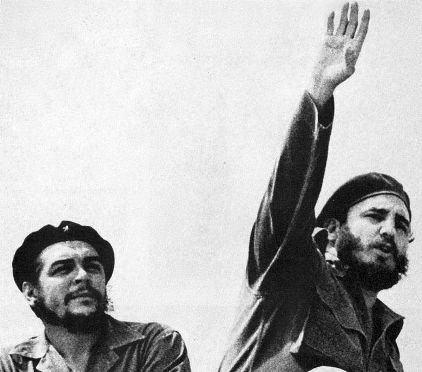On this day in 1962, Blessed John XXIII excommunicated Cuba’s “maximum leader” Fidel Castro, supposedly on the basis of a 1949 decree by Pope Pius XII forbidding Catholics from supporting communist governments. A few of years back, Andrea Torinella of Vatican Insider wrote about the genesis of the excommunication, finding it to be somewhat of a “mystery” that may not be related to the 1949 decree.
Archbishop Dino Staffa, who at the time was a member of the Tribunal of the Apostolic Signatura and wrote the decree, alleged the reasons were not related to supporting Castro’s support of communism, but to having committed or collaborated in acts of violence against the Catholic hierarchy.
Indeed, months prior to the excommunication, Bishop Eduardo Roza Masvidal and 135 priests had been expelled from Cuba. In his declaration, Archbishop Staffa made reference to this and to various other problems existing at the time with regard to the Catholic Church in Cuba.
Torinella wonders whether the declaration, which coincided with a broader message John XXIII send to Castro, was an attempt to balance the effect of the Pope’s words could have–which some considered too expansive–while also reminding other Catholic political leaders what canon law had in store for those who would conspire against or bring harm to the Catholic hierarchy.
As a result, Castro never received an ad personam excommunication and neither did Blessed John XXIII make any decisions in this regard.
-the-american-catholic.com
Picture Caption- Fidel Castro (R) and Che Guevara photographed by Alberto Korda in 1961


